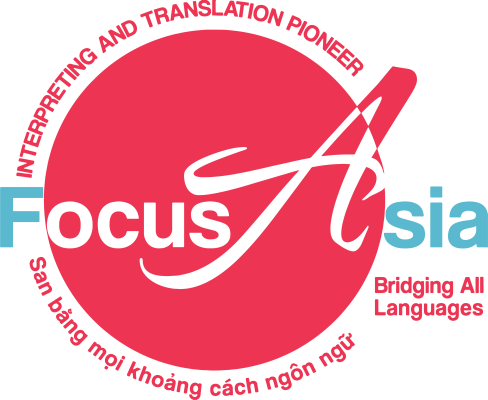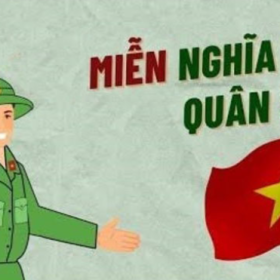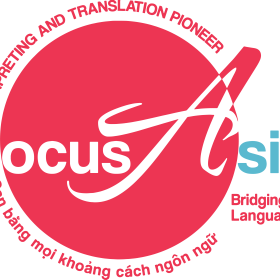The Challenges of Certified Translation in Vietnam
Working in the field of certified translation in Vietnam can feel like navigating a maze — what seems simple at first glance often turns out to be a complex mix of language precision, legal accuracy, and bureaucratic procedures.
Many people assume that “certified translation” just means translating and stamping a document. But in reality, it’s a meticulous process that demands not only linguistic fluency, but also a strong understanding of law and administrative regulations.
Here are some of the most common challenges that translators and agencies face in Vietnam
1️⃣ Rare Languages – The Human Resource Dilemma
Finding a certified translator for less common languages such as Latvian, Icelandic, Hebrew, Khmer, Mongolian, or Lao can be extremely difficult.
In many cases, these documents must be translated into English first, then from English into Vietnamese — a process known as relay translation.
This two-step approach often results in longer turnaround times, higher costs, and a higher risk of semantic drift or inaccuracy.

2️⃣ Complex or Specialized Documents
Legal contracts, patent papers, technical manuals, or medical records all require not just language skills, but deep domain knowledge.
Even a small mistranslation — such as a legal term or a dosage in a medical report — can lead to serious problems.
Moreover, certified translators must ensure the format, seals, and notations match exactly with the original, or the notary office may reject the file outright.
3️⃣ Multi-language or Partially Translated Documents
Many international certificates or agreements contain two or more languages on the same page (for example, English–French or Thai–English–Vietnamese).
In these cases, the translator must identify which version is the “official” source, and clearly note it in the translation.
If not done correctly, the notarization process can be delayed or denied.
4️⃣ Lack of Legalization or Apostille
One of the most common issues is that foreign documents haven’t been legalized or apostilled before translation.
No matter how perfect the translation is, the notary public in Vietnam cannot certify it without proper legalization.
This often happens with birth certificates, marriage certificates, and diplomas issued overseas.
5️⃣ Poor-Quality Originals or Scanned Copies
Notaries can only certify translations of legible, complete, and valid documents.
If the original is handwritten, blurry, or missing pages, the notary office will refuse to stamp the translation.
This means clients must first obtain a clear and verifiable original before any translation work can begin.
Tips for a Smoother Process
✅ Always prepare clear, complete originals and check their validity before submitting for translation.
✅ For rare languages, contact a reputable translation agency that works with certified translators recognized by Vietnamese notary offices.
✅ Make sure foreign documents are legally authenticated or apostilled before translation.
In Conclusion
Certified translation in Vietnam is not just about converting words — it’s about bridging languages, legal systems, and administrative realities.
Behind every stamped page lies the silent effort of translators who must balance accuracy, legality, and tight deadlines — all while keeping their sanity intact.
#CertifiedTranslation #VietnamTranslation #LegalTranslation #TranslationIndustry #LanguageServices #TranslatorLife #VietnamBusiness #NotarizedTranslation #TranslationChallenges
——————————–
🌐 Website: https://dichthuatchaua.com
📲 Hanoi Hotline: 093.223.2318
☎️ Hanoi Tel: 024 3990 3758
📲 Ho Chi Minh City Hotline: 093.223.7939
☎️ Ho Chi Minh City Tel: 086 682 9216
📧 Email: hanoi@dichthuatchaua.com – saigon@dichthuatchaua.com













